9 Free Agency Misfires That Left NFL Teams Shaking Their Heads
Free agency can transform an NFL team, but not every signing has been worth it. In the past, teams have gambled millions on players who fell short, whether due to poor fits, injuries, or unrealistic expectations. These missteps often left franchises scrambling to recover. With so much at stake, these 15 signings highlight the unpredictable nature of the NFL and how even the biggest deals can backfire.
Albert Haynesworth – Washington Commanders (2009)
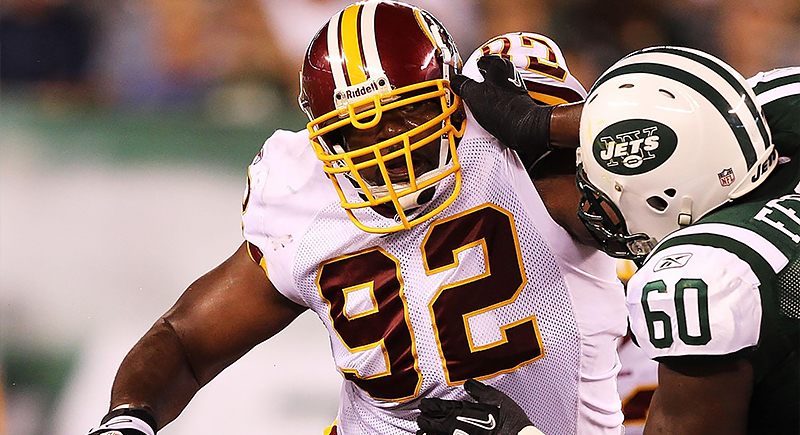
Credit: reddit
Washington hoped Haynesworth’s $100 million contract would anchor their defense, but his performance quickly flopped. Fitness issues, clashes with coaches, and questionable effort left fans frustrated. Haynesworth’s short stint remains a cautionary tale for teams chasing free-agency stars without considering fit.
Brock Osweiler – Houston Texans (2016)
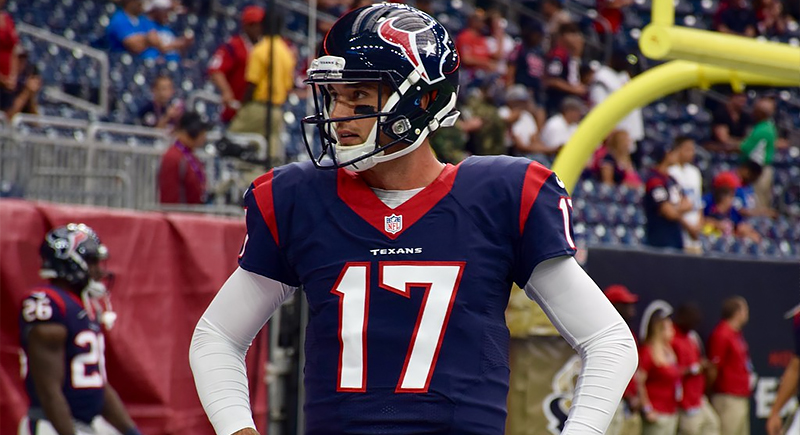
Credit: flickr
After a handful of promising games in Denver, Houston gambled big on Osweiler. The Texans gave him $72 million, only to realize his struggles with accuracy and decision-making. His time in Houston lasted just one season, and they had to trade him away with a second-round pick.
Le’Veon Bell – New York Jets (2019)
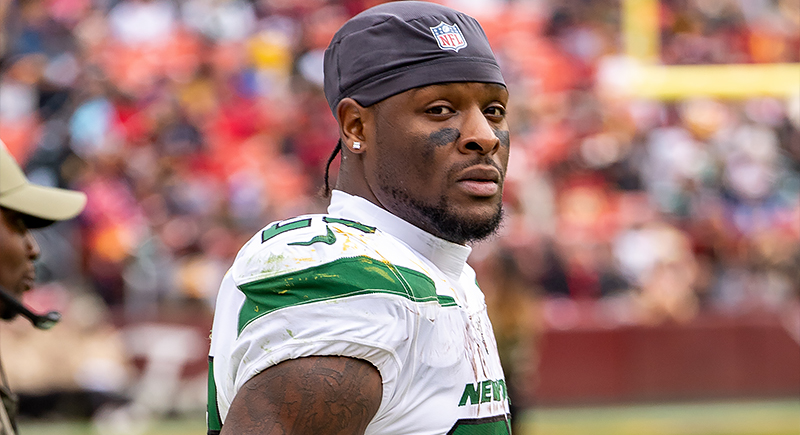
Credit: flickr
The Jets expected Bell to carry their offense, but the results were lackluster. Struggling behind an ineffective offensive line, Bell couldn’t replicate his Pittsburgh success. His high price tag didn’t help, and his short tenure left the team searching for answers.
Nnamdi Asomugha – Philadelphia Eagles (2011)
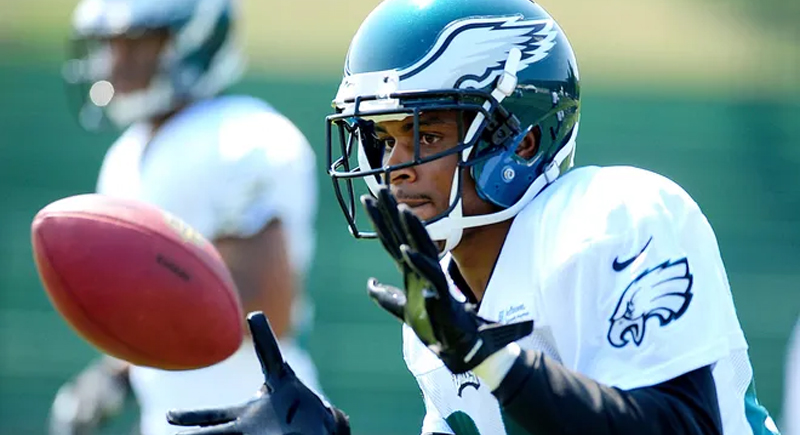
Credit: USA Today
Asomugha was an elite cornerback with the Raiders, but his move to Philadelphia was underwhelming. The Eagles’ defensive scheme didn’t suit his strengths, and he looked lost in coverage. The “Dream Team” label for that free-agency class quickly turned into a nightmare.
Matt Flynn – Seattle Seahawks (2012)
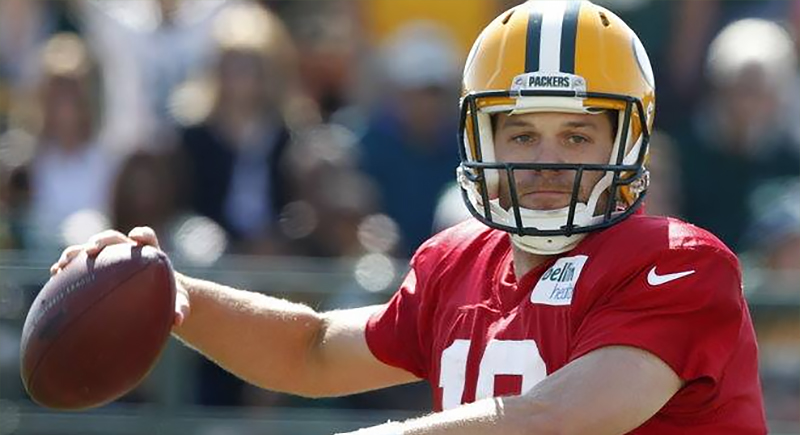
Credit: Facebook
Seattle bet on Flynn’s strong performance in a single game for Green Bay, signing him to a lucrative deal. But a rookie named Russell Wilson stole the starting job, leaving Flynn as a costly backup. It was a humbling lesson in overvaluing small sample sizes.
Jared Cook – Green Bay Packers (2016)
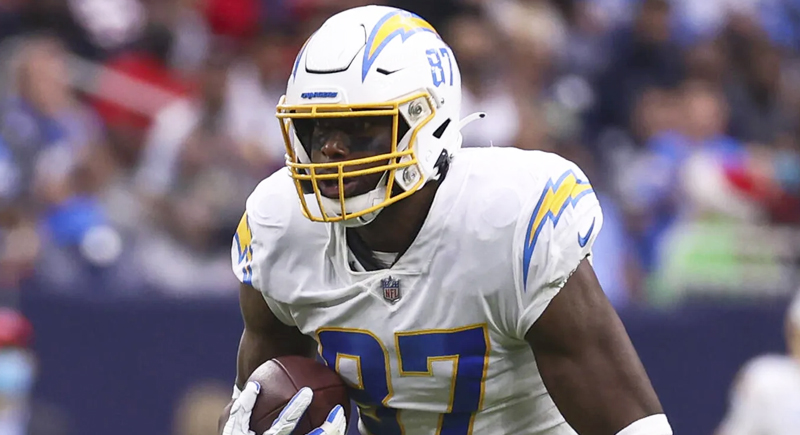
Credit: Yardbarker
Though talented, Cook struggled to find rhythm in Green Bay. His drops in key moments frustrated fans and his production didn’t justify the investment. The Packers quickly moved on, showing that not every player fits perfectly in every system.
Larry Brown – Oakland Raiders (1996)
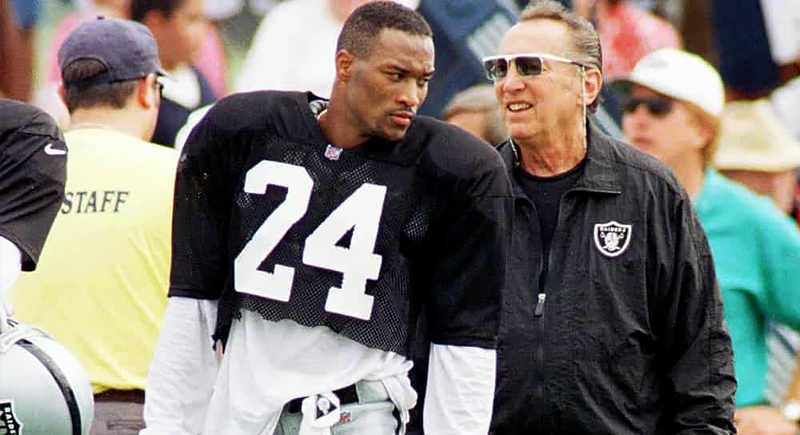
Credit: X
Brown parlayed his Super Bowl MVP into a big payday with the Raiders, but the performance didn’t follow. His time in Oakland was marked by injuries and underwhelming play. This deal serves as a reminder that postseason glory doesn’t always predict long-term success.
Mike Glennon – Chicago Bears (2017)
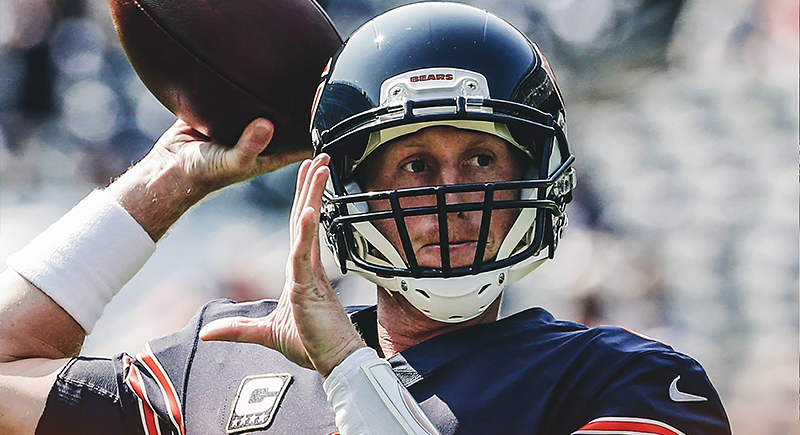
Credit: Facebook
Chicago handed Glennon a hefty $45 million deal, banking on his potential. But after just four games, it was clear he wasn’t the answer. The Bears drafted Mitch Trubisky that same year, making Glennon’s deal one of the shortest and most regrettable experiments.
Dion Lewis – Tennessee Titans (2018)
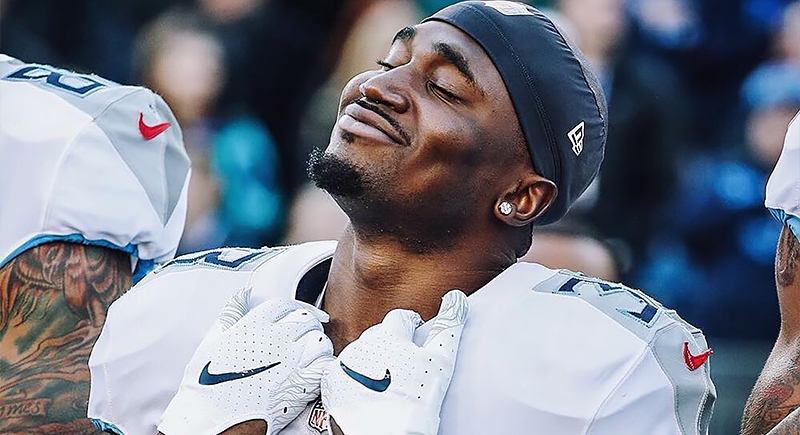
Credit: Instagram
Coming off a career year in New England, Lewis seemed like a great addition for Tennessee. But his production quickly dropped off, and Derrick Henry emerged as the team’s clear leadback. Lewis became an afterthought, making his signing a disappointing misstep.
DeMarco Murray – Philadelphia Eagles (2015)
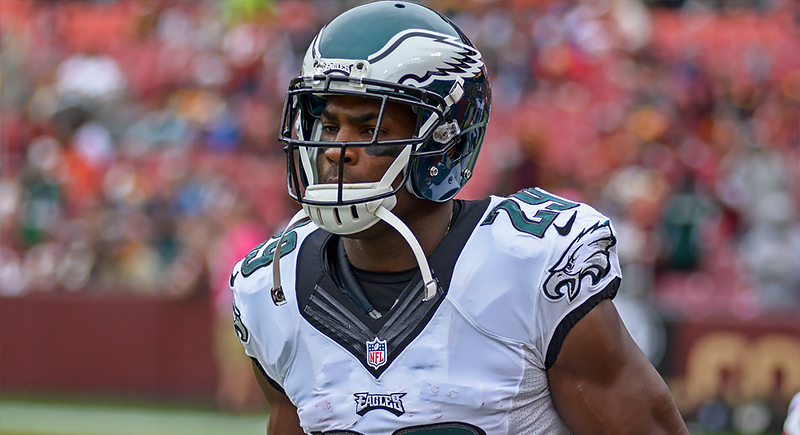
Credit: flickr
Murray’s rushing crown with Dallas didn’t translate to Philly. The Eagles’ offensive scheme clashed with his running style, leading to one forgettable season. They shipped him off to Tennessee, and this signing was soon seen as a mismatched puzzle piece.
Jevon Kearse – Philadelphia Eagles (2004)
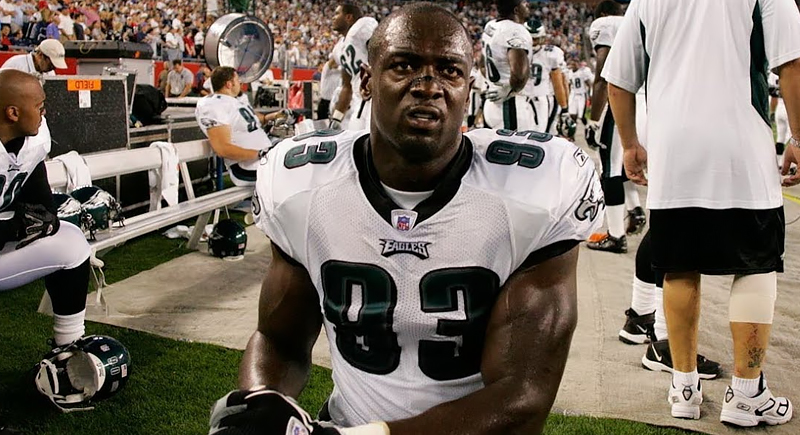
Credit: Youtube
Though once a game-changing pass rusher, Kearse’s signing in Philadelphia didn’t live up to expectations. Injuries slowed him down, and he never became the defensive force the Eagles envisioned. His hefty contract became more of a burden than a benefit.
Sam Bradford – Arizona Cardinals (2018)
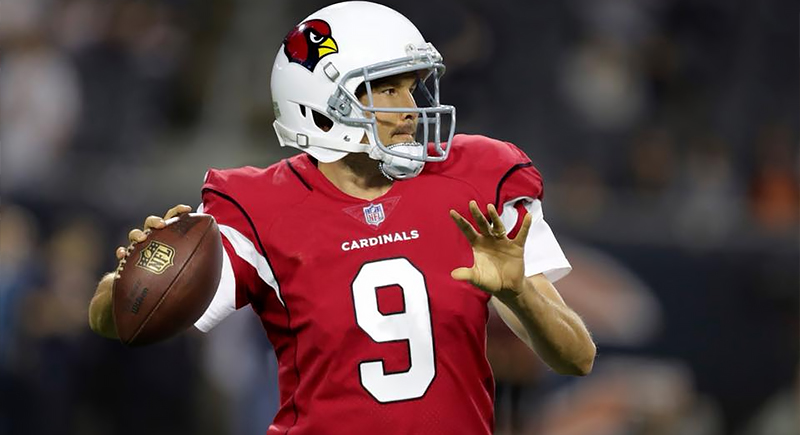
Credit: Facebook
Bradford’s history of injuries made his signing risky from the start. Unfortunately, that risk didn’t pay off for Arizona. His brief stint as a starter ended after poor performances, and the team quickly moved on to Josh Rosen, cutting their losses.
Shaun Alexander – Washington Commanders (2008)
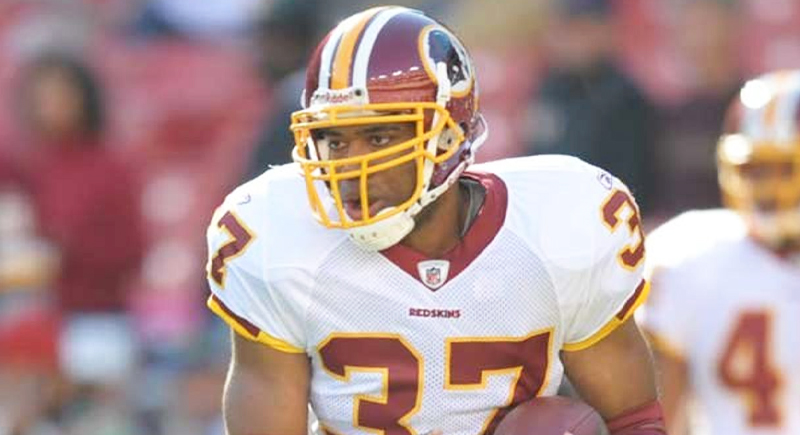
Credit: X
After his MVP season in Seattle, Alexander’s move to Washington was negligible. Injuries and declining skills caught up with him, and he barely saw the field. It was a stark example of how quickly running backs can fall from elite status.
Andre Rison – Cleveland Browns (1995)
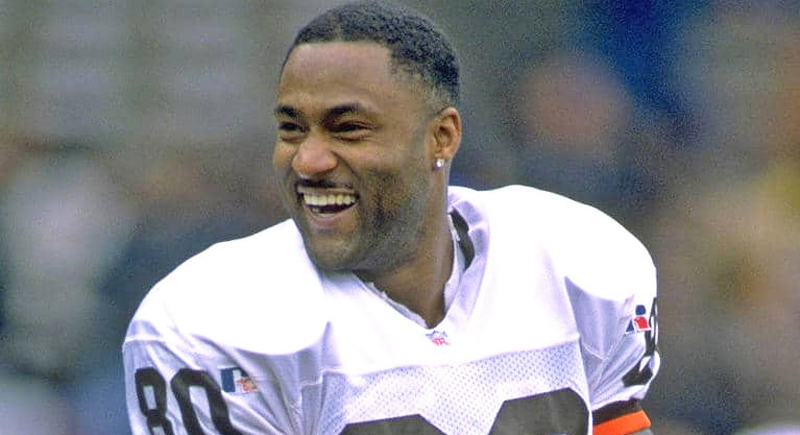
Credit: X
Rison’s huge deal with Cleveland seemed promising, but the results were disastrous. Drops and inconsistency plagued his time with the Browns, and his attitude didn’t help. He became one of the most infamous signings in the franchise’s tumultuous history.
Nick Foles – Jacksonville Jaguars (2019)
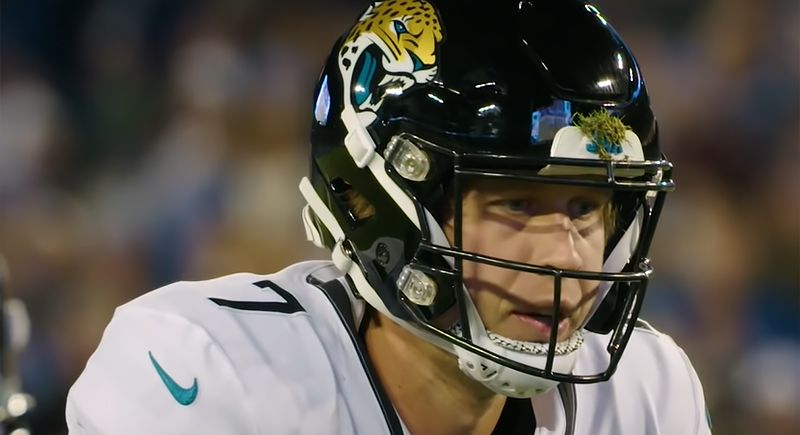
Credit: Wikimedia Commons
Foles’ Super Bowl performance earned him a big contract with Jacksonville, but his injuries ended his season early. When he returned, he couldn’t play at the same level, and rookie Gardner Minshew outperformed him. Jacksonville cut ties after just one year, causing a significant financial loss.